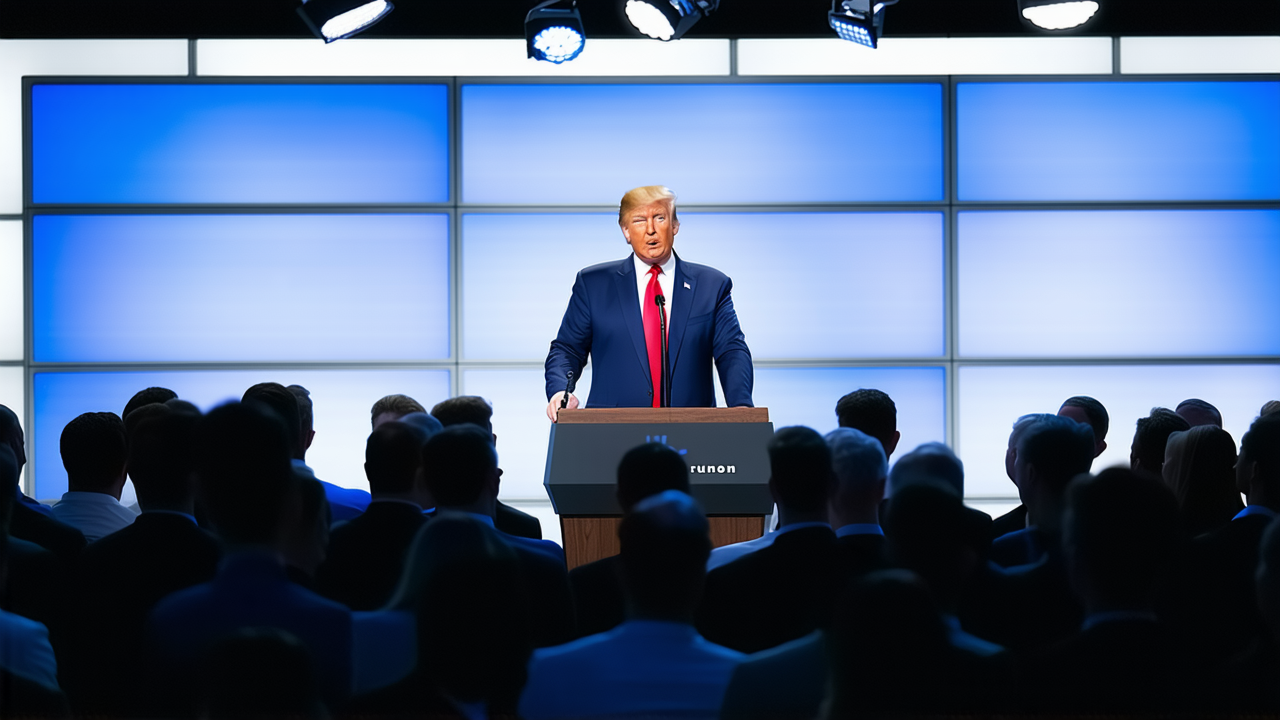Trump Announces Potential 100% Tariffs on Chips and Semiconductors
Trump Announces Potential 100% Tariffs on Chips and Semiconductors
In a bold move that has sent shockwaves through the global tech industry, former U.S. President Donald Trump has indicated that the United States may impose tariffs as high as 100% on imported chips and semiconductor products. This potential policy shift, announced on August 6, marks another chapter in Trump's long-standing campaign to reshape U.S. manufacturing and trade practices.
Speaking at an event in Washington, D.C., Trump emphasized that the tariffs would be a targeted response to ensure that American companies remain competitive in the global market. He argued that by imposing high tariffs on foreign imports, the U.S. would incentivize domestic production and reduce reliance on foreign supply chains, particularly those from countries like China and South Korea.
"If you make it in America, you won’t pay a dime," Trump stated, highlighting his administration’s push for reshoring manufacturing and boosting domestic job creation. His comments come at a time when the U.S. is grappling with supply chain disruptions and a growing need for self-sufficiency in critical technologies such as semiconductors, which are essential for everything from smartphones to military systems.
However, industry analysts have raised concerns about the potential economic fallout of such steep tariffs. They argue that while the move could protect U.S. manufacturers, it may also lead to higher costs for consumers and businesses that rely on imported chips. The global semiconductor industry is already facing a shortage, and adding tariffs could exacerbate the problem.
"This is a risky strategy," said one tech industry expert. "Tariffs may provide short-term benefits to domestic producers, but in the long run, they could push companies to relocate manufacturing elsewhere, potentially undermining the U.S. position in the global tech race."
Despite these concerns, Trump’s administration has continued to push for stricter trade policies, with similar measures already proposed on pharmaceuticals and other key sectors. If implemented, the 100% tariff on semiconductors could mark a significant shift in U.S. trade policy, with far-reaching consequences for the global economy.
As the debate continues, one thing is clear: the U.S. is taking a more assertive stance in its trade relations, and the semiconductor industry will be at the center of this evolving landscape.
